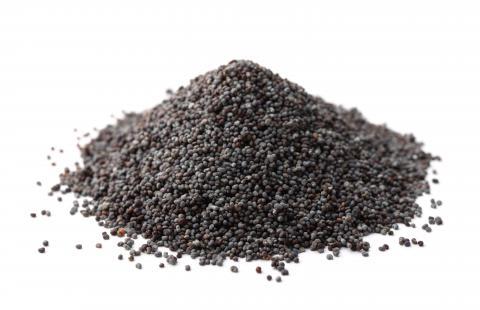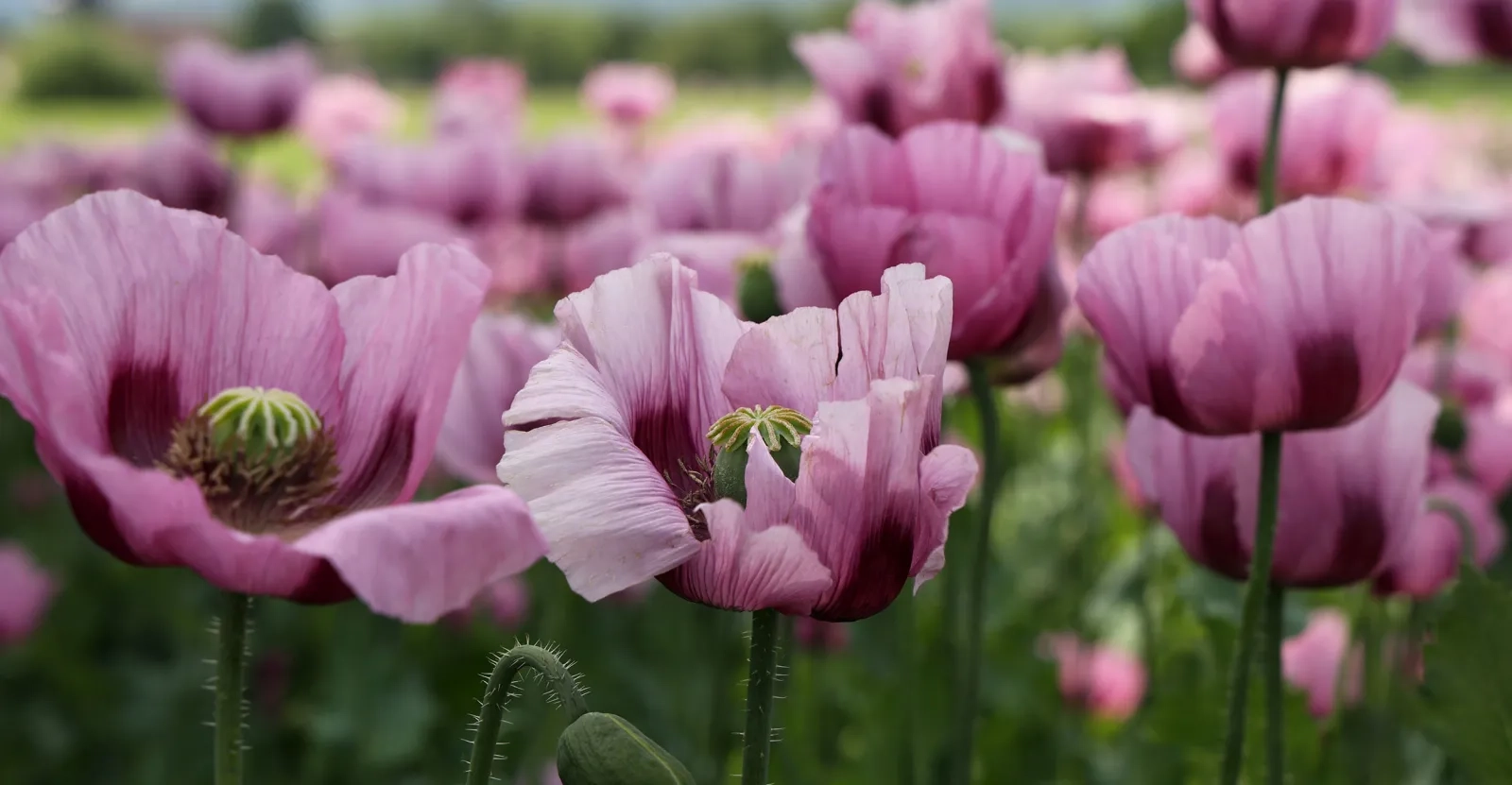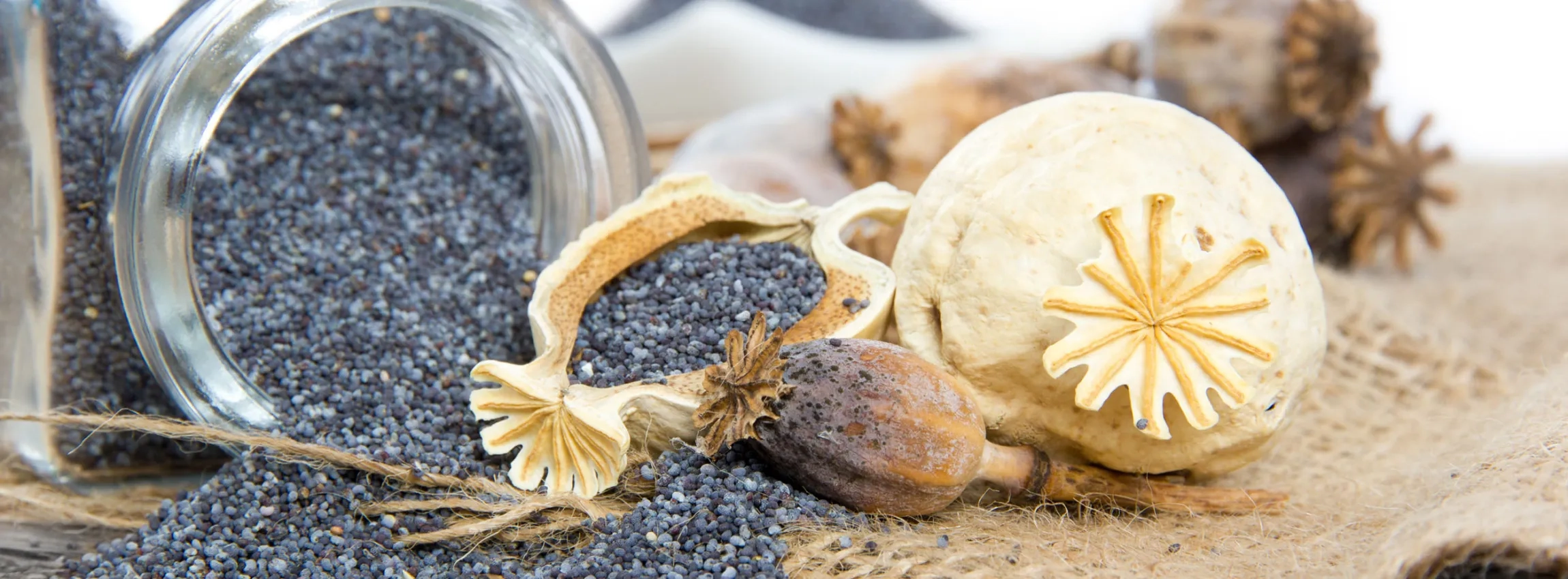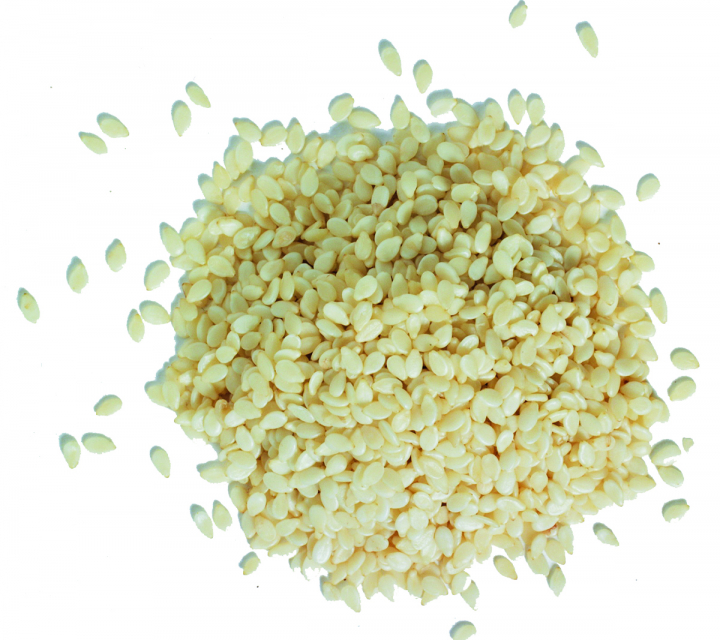Blue Poppy seed
Papaver somniferum
Origin
Czech Republic
Türkiye
Australia
Türkiye
Australia
Harvest time
northern Hemisphere: June / July
southern hemisphere: February
southern hemisphere: February
Quality
Blue poppy
White poppy
Grey poppy
Further qualities on request
White poppy
Grey poppy
Further qualities on request
All products are also available from certified organic cultivation.
For product specifications, please contact:
Dirk Elsmann (d.elsmann@keyaniyan.de)
Katrin Ohlhoff (k.ohlhoff@keyaniyan.de)
Image













